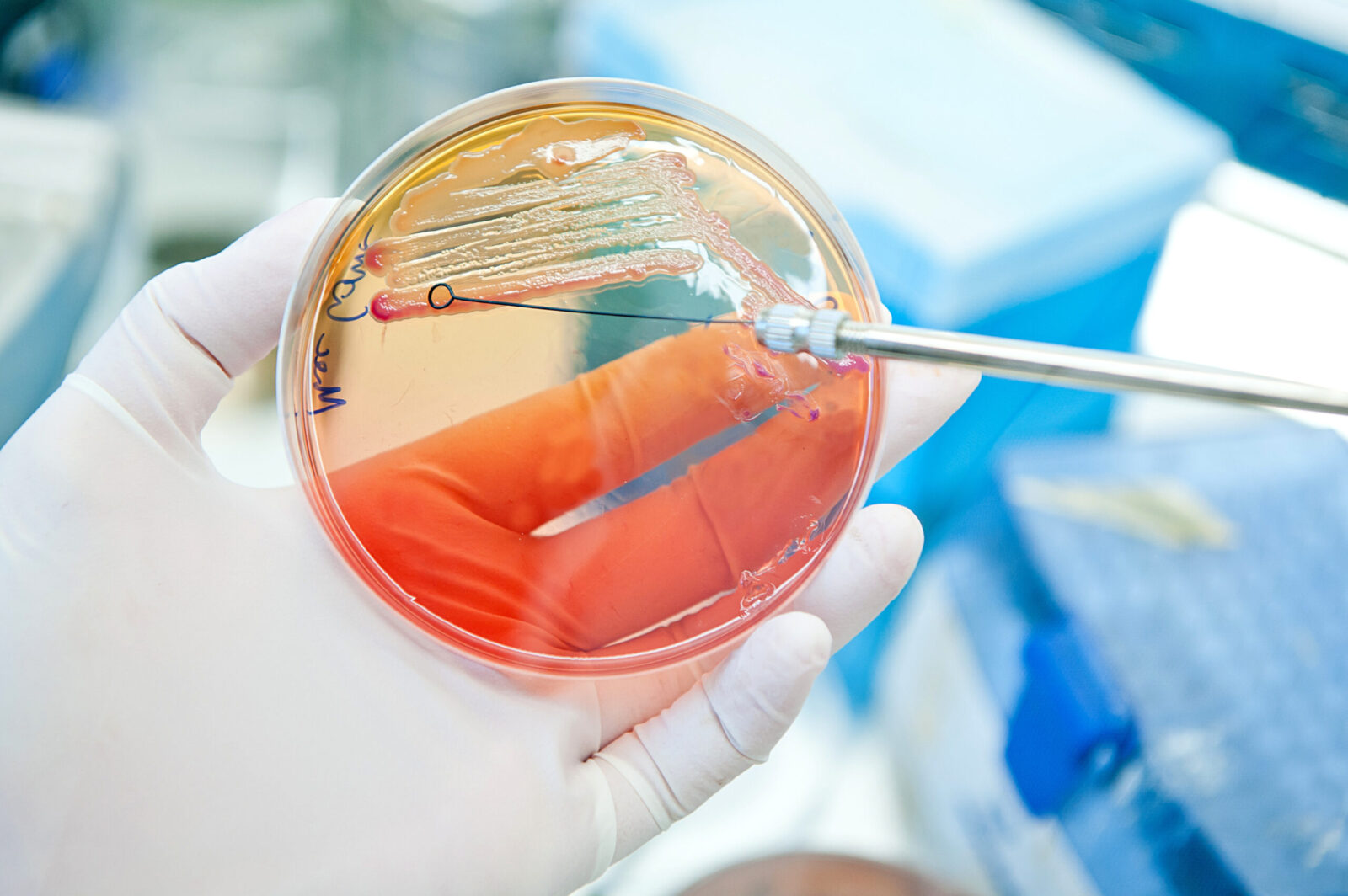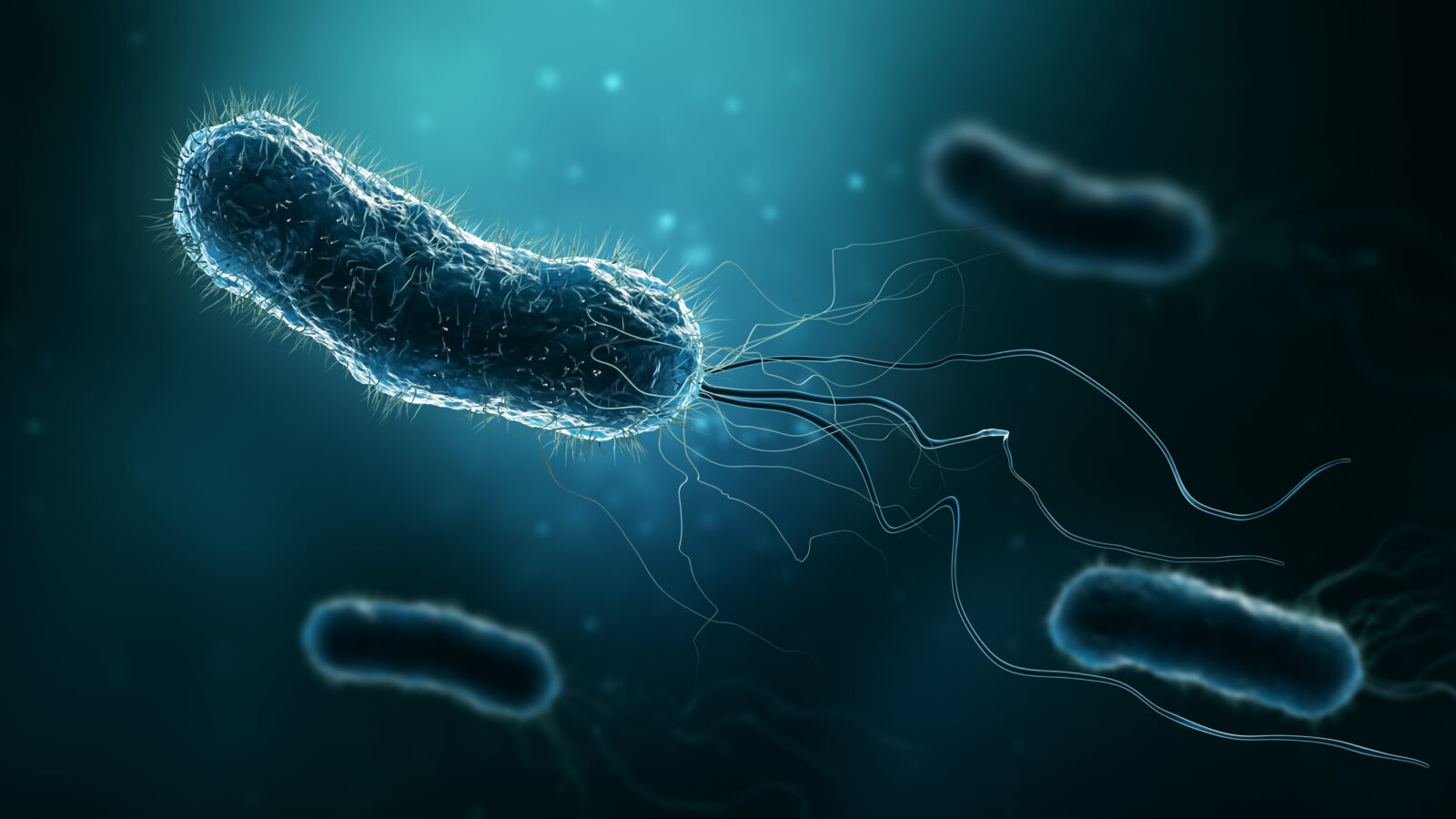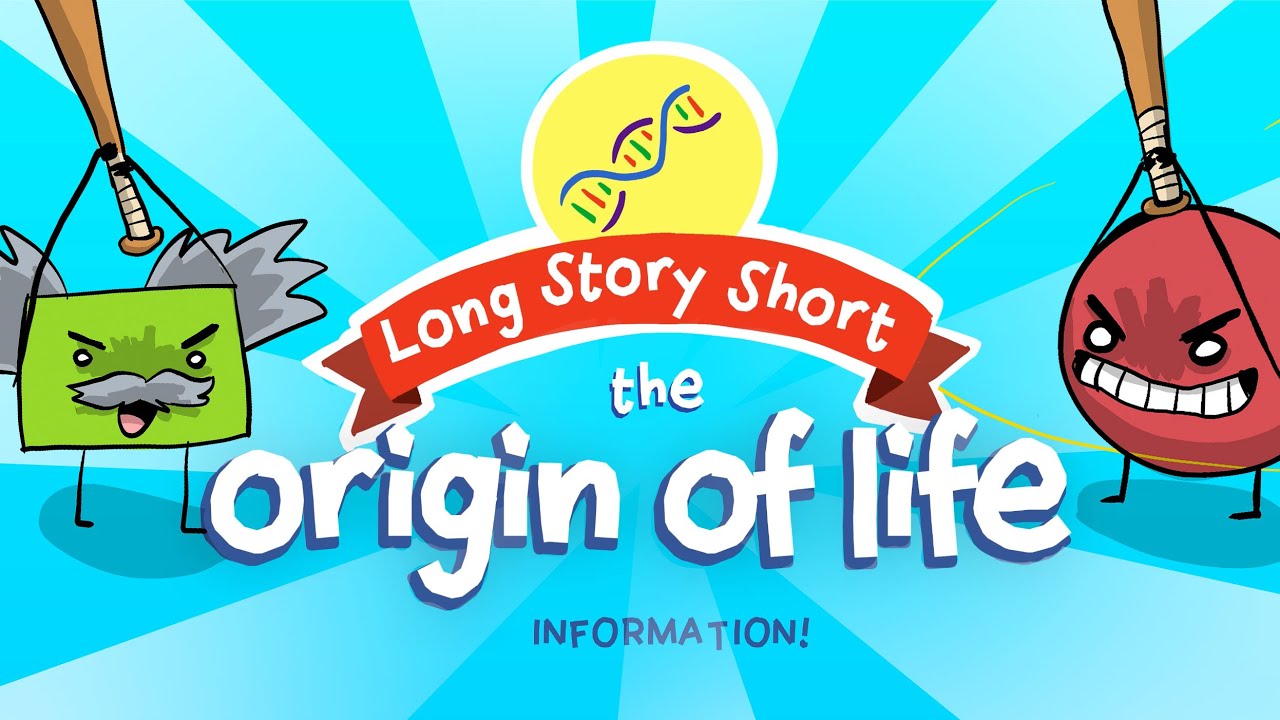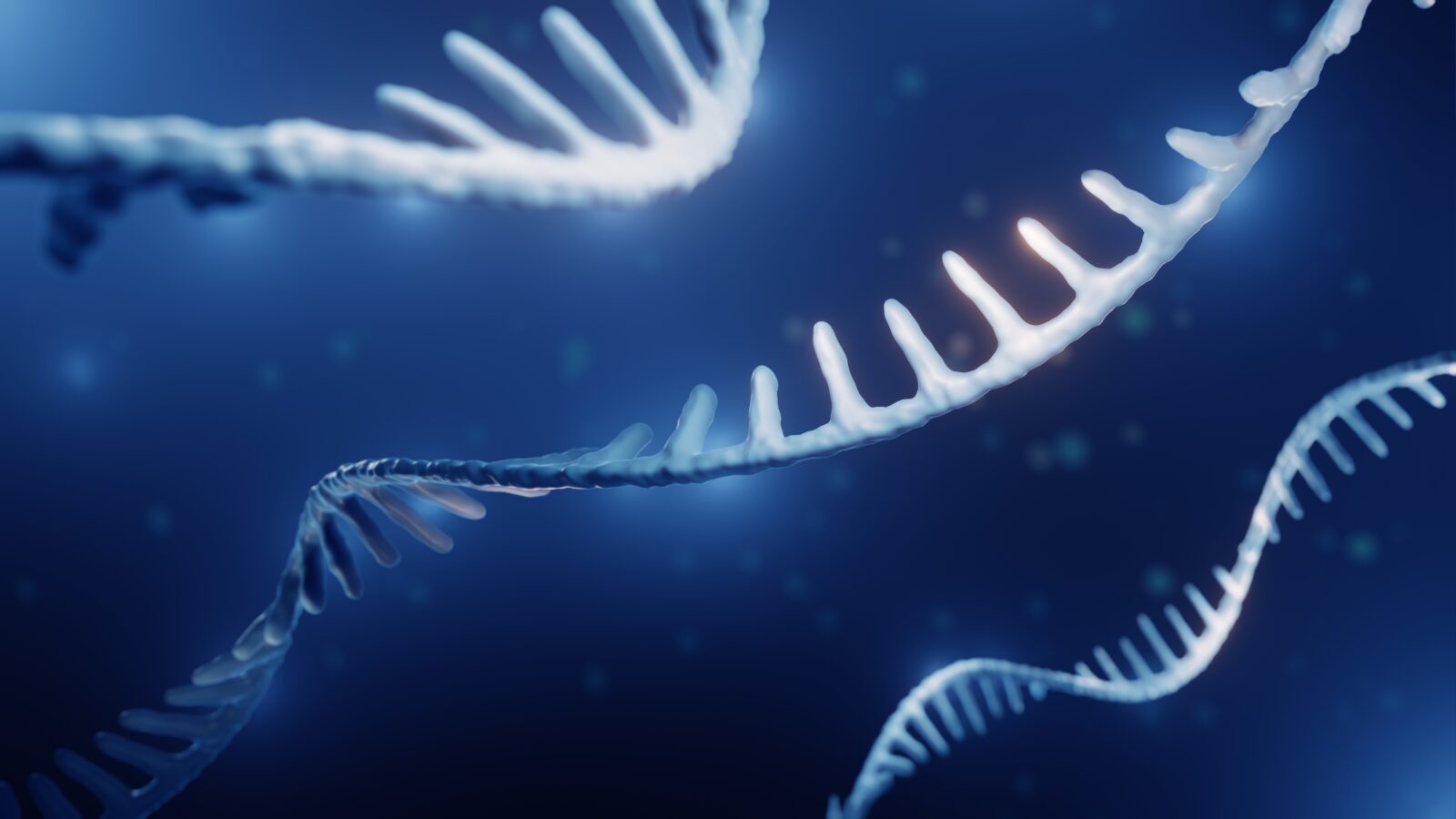


Two Nature Articles Call for Rethink in Biology

Design-Assisted Evolution: A Response to Rope Kojonen

A Reading From Darwin’s Bluff

Evolution’s Demigods: Reviewing the Tour/Cronin Debate

Debate Review: Jim Tour vs Lee Cronin at Harvard

Hitting the Brakes on ‘Rapid Evolution’

A Microbiologist’s Journey to Intelligent Design

Origin of Life: Information
Life depends on information, but can unguided material processes produce the information needed for the first life? This episode of Long Story Short shows why unguided natural mechanisms can’t produce new biological information, and therefore can’t explain the origin of life. REFERENCES AND NOTES 1. Sara Walker & Paul Davies, The Algorithmic Origins of Life, 10 J. Royal Society Interface Read More ›
